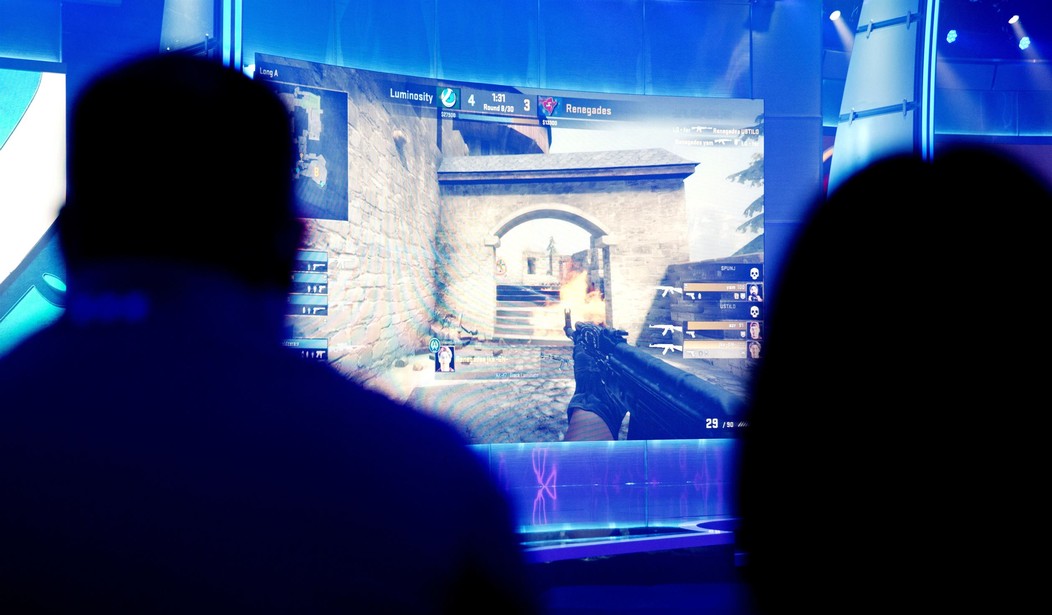Years ago, I was sitting in a room with friends playing a fun game of Dungeons & Dragons. There wasn't a care in the world as we ate our pocky and soda, making crude jokes from time to time. It felt fun, and worry-free, and will always remain a core memory. The funny thing was, I wasn't even a big D&D player. I just liked that my friends liked it so much and I was having a good time with them. We were in our own little world.
At some point in the years that followed, many of the geeky things that I liked to get up to with my friends became more popular, and soon they became mainstream. At first, it was exciting to see some of the things that had previously been looked down on by society get embraced. The more the merrier, right?
There were people in these communities who resisted and rejected the extra attention their hobbies were getting. These people were accused of "gatekeeping," and at the time, I too thought they were being unnecessarily nasty to people. They claimed that they would change the hobby for the worse and soon it would become boring and stupid.
A few more years down the line, I had to admit that they were right.
Readers will know I'm an avid gamer, often writing reviews and stories about what's going on in the gaming space. I've partly made a career out of it and was even invited to The Blaze to talk about it recently. Shout out to Stu Burguiere for doing what other conservative personalities typically have no interest in doing, and that's covering the importance of the gaming space.
But gaming has had its pest problems. Once it went mainstream and became influential and lucrative, it began attracting grifters and self-important moral busybodies who believed that the gaming industry should bend to their whims.
Gamers opened up an entire front on the culture war to fight back against this intrusion of radical leftism into their hobby and while the first GamerGate could largely be considered a victory, it wasn't the end. Behind the scenes, these activists worked to infect the corporate part of the gaming industry and soon the quality began to fall as messaging in games began to rise.
All the while, as this was happening, the people patting themselves on the back for being better than everyone else began to believe with all their hearts that this space was actually theirs. Now, these people are openly advocating for a "purge" to rid the people who really love the hobby from the space so they can turn it into another message factory.
For example...
The blond haired, blued eyed BBC “gaming presenter” would like to talk to you about her “final purge” to the gaming problem.
— Grummz (@Grummz) March 26, 2024
She says she created gaming, and was here first and you have to leave now.
If not, she and her friends will bake pies out of you. pic.twitter.com/TGsPn8l1Lj
First, they came for the video games, but you were not a gamer so you said nothing.
But you might actually be in a hobby that has seen some radical changes and controversies because of the intrusion of outsiders who don't have any real love for the hobby, or at the very least, have far more love for themselves. Any NASCAR fans among my readership? That's also a hobby that's being used and abused by these ideologues.
The bottom line here is that sometimes gatekeeping your hobbies is necessary. Not everything has to be for everyone. It can be unique and have characteristics that define that hobby that no other hobby has. That's not to say that anyone who wants to become a hobbyist should be interviewed, triple-checked, and hazed before they can be allowed into the hobby, but people who clearly have no true interest or curiosity should be encouraged to stay away.
Because if your hobby is infiltrated and corrupted, then no one gets to experience those fun, relaxed, sunny moments that come with truly enjoying a hobby, especially one with friends. Once they begin implementing rules you have to follow to make everyone else comfortable, no one is comfortable, and it stops being a hobby and becomes an institution.














